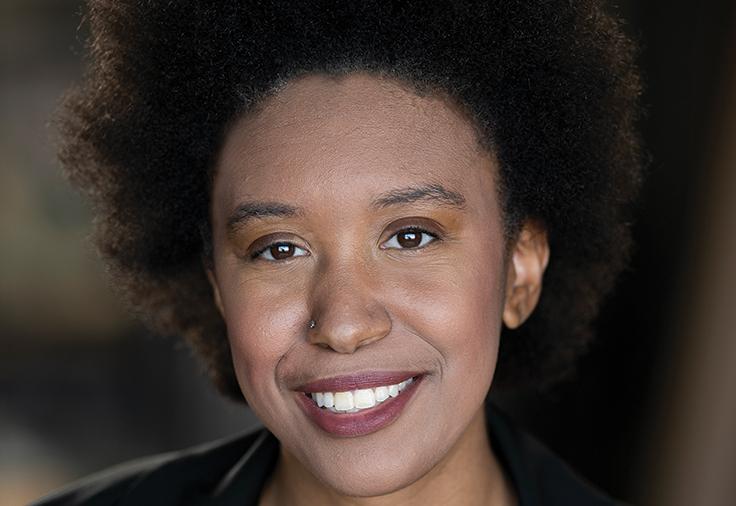
Rajaa Altalli was working on her PhD at Northeastern University in 2011 when the Syrian Revolution began.
Altalli, who is originally from Syria, immediately started talking to people who have been to detention points or to their family members to document human rights violations. Soon after in July 2012, she moved to Turkey to help the Syrian Revolution and refugees.
Now, she’s coming to Denver with 16 other women from 15 different countries to share their stories, discuss activism and promote female leadership at the Inclusive Global Leadership Initiative's Summer Institute for a week beginning Saturday.
The institute is hosted by the University of Denver as part of the school’s Inclusive Global Leadership Initiative in partnership with the United States Institute of Peace.
Activism and human rights causes have long been a part of her Altalli’s life, but not without complications. When she was 12 years old, her father was arrested and sentenced to prison for 9 years because he was a political activist.
“Actually, you can say abducted because there were chunks of time we had no idea where he was,” Altalli said. “Even when we knew where he was, sometimes we weren’t allowed to see him.”
That was when she made the decision to never be politically active. It was too dangerous.
But then the revolution happened while she was in America getting an education. The news from home began affecting her daily life, and Altalli knew she just had to do something.
She was only supposed to go to Turkey for a year, but she hasn’t left since her decision to move. Her education is on an indefinite hold. In the meantime, she’s busy leading the organization she co-founded, the Center for Civil Society and Democracy. It aims to encourage peace in Syria with a focus on women’s rights.
Marie Berry, a professor at the University of Denver, is the director of the Summer Institute. Most of her academic work centers around feminist theory and women activists who face war and violence.
“I’m a firm believer in congregating and discussion when it comes to change,” Berry said. "I believe fundamentally in the power of convening, people being in spaces where they can be vulnerable, open, and honest about what they’ve experienced personally."
That’s why she designed and started the Summer Institute, now on its third year. A unique aspect of the conference is that it’s also a retreat.
“It’s important because these women are doing a lot of work all over the world and it’s intense,” Berry said. “Speaking out is a death sentence in some cases. Women who are vocal often get death threats and can’t live a normal life anymore.”
Altalli understands first-hand. She frequently receives death threats. When her mother died of cancer two years ago in Syria, Altalli couldn’t return home to say goodbye for fear she would be arrested. She takes some security measures — not always sharing her locations, not staying in one place for too long —but it’s still difficult for her.
But despite all the struggles it brings, Altalli believes her work is worth i
“The hope for the next generation is what keeps me going,” she said. “I wholeheartedly believe [the people in Syria] should have equal opportunity.”









